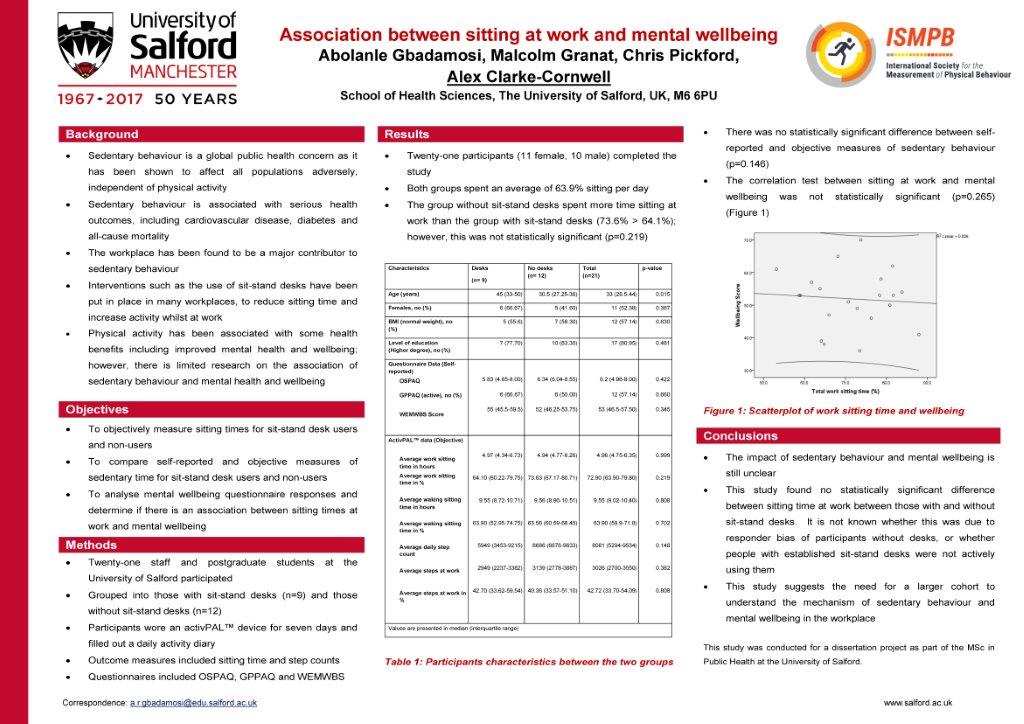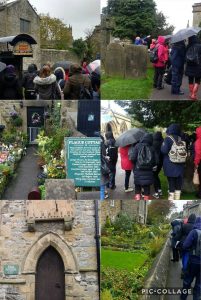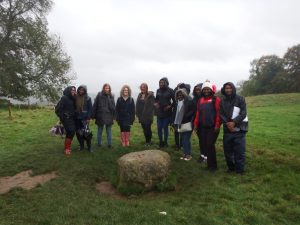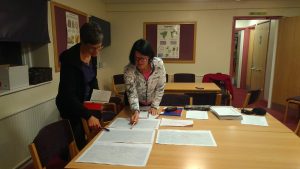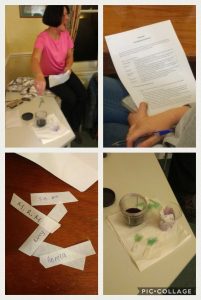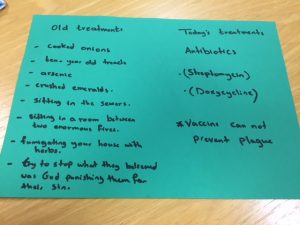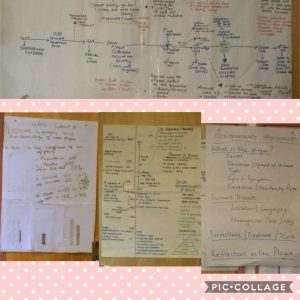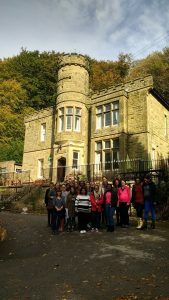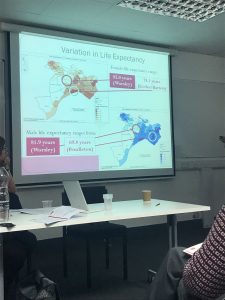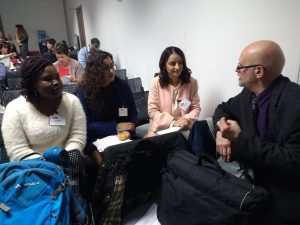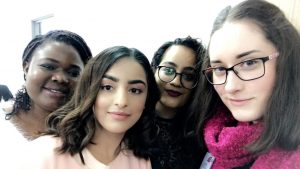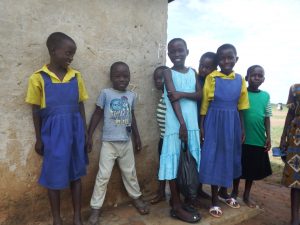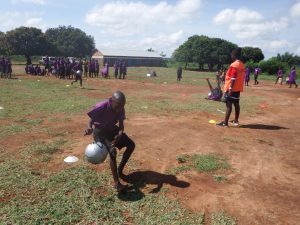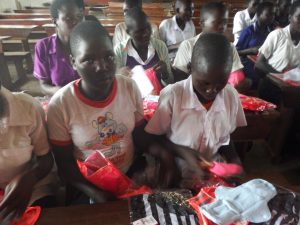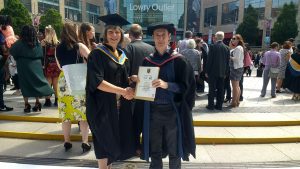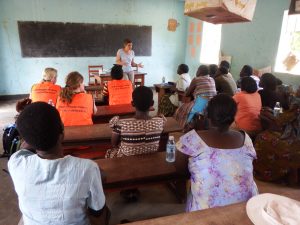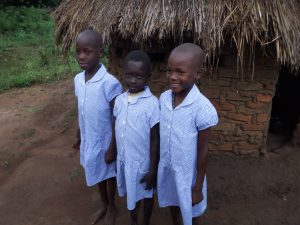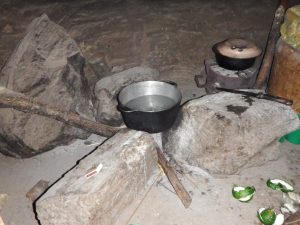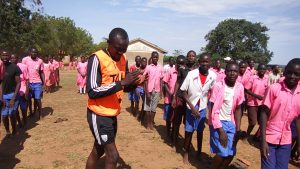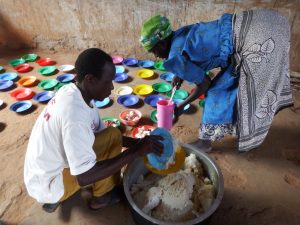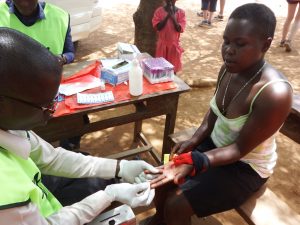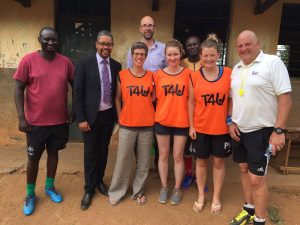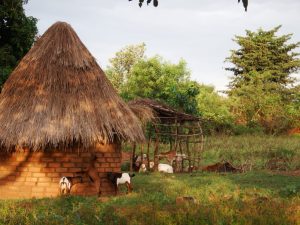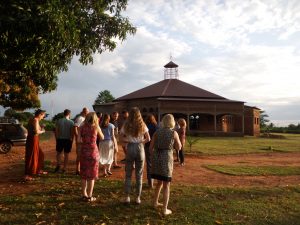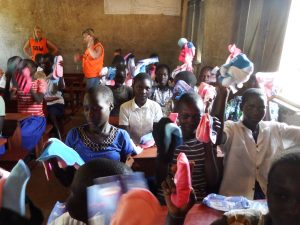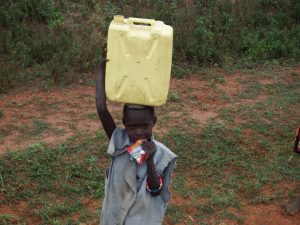How do you feel when you get asked to work as a group on an assessed piece of work? Are you filled with enthusiasm or a sudden sinking feeling? Our MSc Public Health cohort is an impressive mix of people. We are all different, ages, professions, and nationalities, with differing undergraduate degrees. Early on in the course we had an overnight field trip where we bonded over getting drenched in the Peak district, which helped us get to know each other and we are quite a friendly chatty group.
I started the MSc in Public Health after 15-years out of education: my distant memories of group work were vaguely negative, so, when we were given our first assignment for the Global Health Module as group presentation I didn’t know what to expect. I was asked by three of my course mates to be the fourth person in their group. Our assignment brief was to choose a global public health challenge and give a twenty-minute presentation about it. I was really struggling to come up with a good idea but wanted to do something a bit out of the ordinary.
The first thing we did as a group was to set up a chat group on the social networking platform WhatsApp, so that we could start discussing possible topic choices. One person suggested looking at tuberculosis and another suggested looking at the link between depression in young people and social media. When the two of us without a suggestion then picked which we preferred, the problem was that still left us with a 50/50 split. We discussed flipping a coin, but instead we took both ideas to our course leader, hoping she would choose for us. After discussing each topic, she agreed that the topics were both good ideas and wished us luck with deciding. So, in pairs we then did a pitch of our preferred topic in the form of a quick essay plan. We found it easier to put together the outline-plan for the social media idea, so that’s the one we picked.
One person naturally became team leader, I’ve heard of storming norming and performing, but we just seemed to get along from the start. Maybe it was because we had similar approaches to learning. The four of us are quite laid-back, which meant we were flexible and positive, but with interest in the topic and motivated to put together a good presentation; this helped as it meant we were all prepared to put the hours in. Being quite confident, I really enjoyed working with a team leader who listened and checked everyone was on the same page before making decisions, and as someone who is prone to putting my foot in it, I was pleased to find everyone was open to giving and receiving feedback. As a group we all had work or childcare commitments outside of the course, and long journeys in to campus; at one point we even got snowed off, so we had brainstorming sessions with only three of us but always kept the missing person in the loop via WhatsApp.
The team leader set up a spreadsheet for references, so we could each put in papers as we read them – this was useful, as we could easily go back later to find information. Each one of us managed to find something no one else had. Discovering an alarming lack of evidence of an actual causal link between social media and depression made the project more challenging.
We still had to try to adhere to the marking scheme whilst showing critical analysis of the data. Just to be sure that we were heading in the right direction, we got further feedback from our course leader. We then set up a Google Slides shared file, so we could all work on it at once, and divided up the number of slides and worked on one section each. We then discussed the order and moved items around, and wrote rough drafts of our scripts. The team leader also booked rooms, so we had time to practice the presentation together; for all four of us to be there we had to fit this in between lectures, an hour here and there. But this meant we could run through several times giving feedback on each other’s script and getting our timing accurate, and just about have time to brainstorm possible questions from the audience.
When we came to give our presentation, we remembered almost all of our lines and finished on time. We congratulated each other and talked about how much we had enjoyed working together. It got me thinking, for such a mix of people, is there something we all have in common that helped, or was it that we were able to “encourage an atmosphere of openness to diversity and new ideas” when working collaboratively together (Savin-Baden & Major, 2004, p. 77)? Being able to work well in a team is an important skill not only in an academic environment but looking forward to our future career paths. It would be interesting to look further into the theory behind what makes working in groups productive and enjoyable, but for now there’s another assignment waiting to be written.


